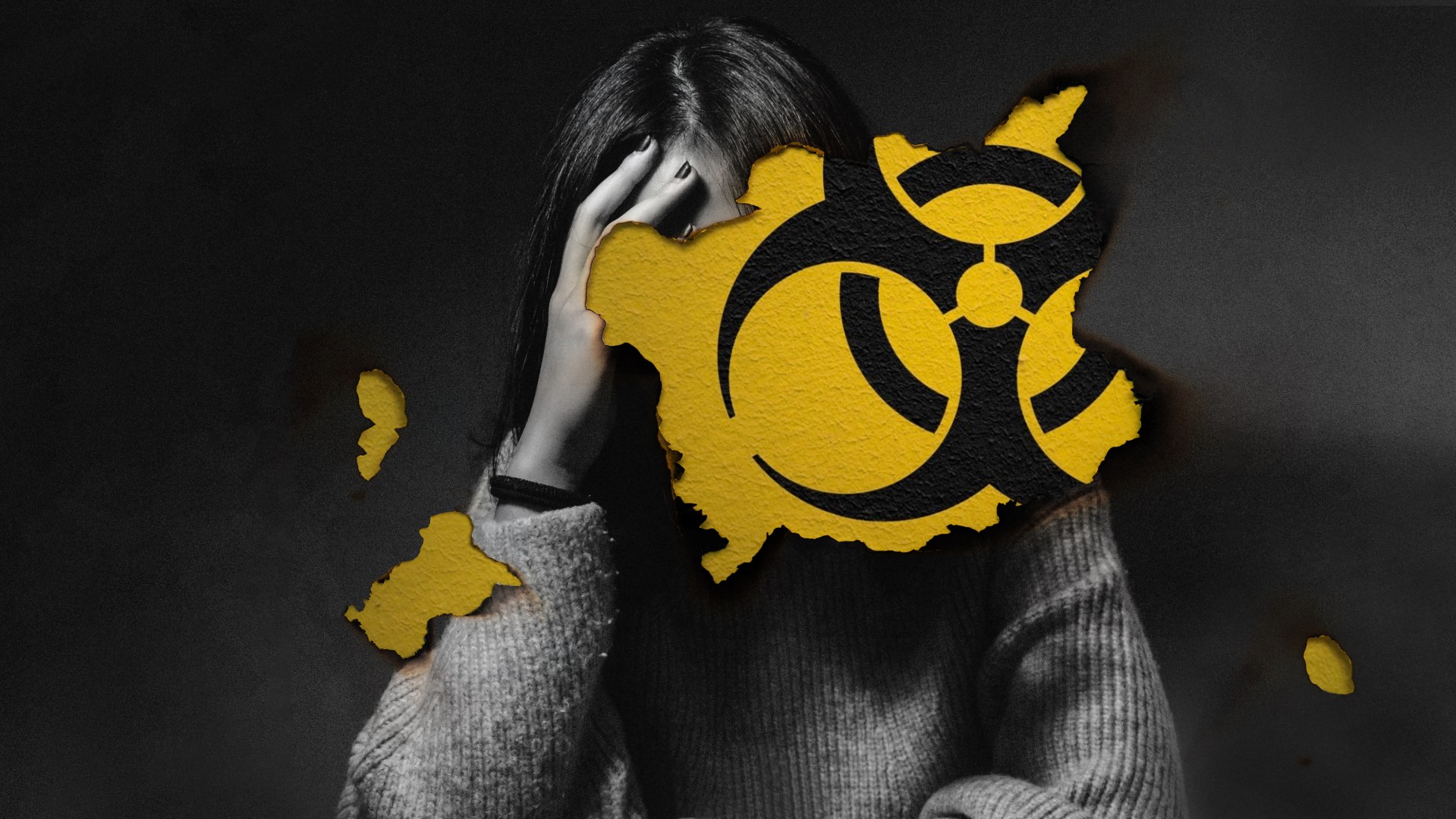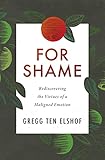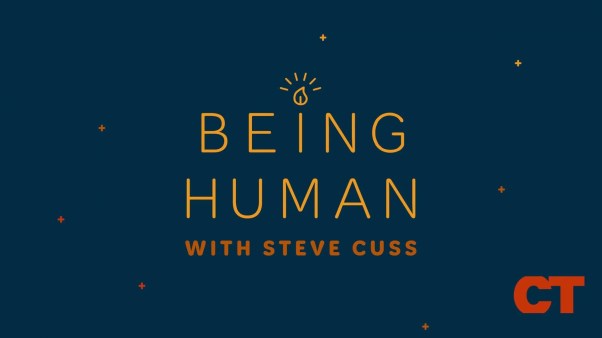As a schoolmaster at an English prep school in 1933, the poet W. H. Auden was sitting with three fellow teachers when, out of nowhere, he found himself overwhelmed by the sense that their existence somehow had infinite value.
In a dramatic way, Auden was recognizing a truth that even most non-Christians affirm: Human beings possess an inherent dignity that can’t be reduced to dollars and cents. In a Christian understanding, human life has a pricelessness. People are made in the image of a God who loves them infinitely.
Yet to say that we have intrinsic moral worth is not to say that we are morally good. Malcolm Muggeridge once observed that human depravity is at once the most empirically verifiable and intellectually resisted reality. The Christian apologist Clay Jones has written that all of us, in the right circumstances, are “Auschwitz-enabled.” We feel guilty for our wrongdoing, and objectively speaking we are guilty, all of us being sinners who habitually fall short of God’s glory.
The history of moral apologetics includes many analyses of human guilt—this feeling of transgressing a moral standard or law, something each of us does with disappointing regularity. Closely related to guilt is its often-neglected sibling shame, whose dynamics Biola University philosopher Gregg Ten Elshof explores in his latest book, For Shame: Rediscovering the Virtues of a Maligned Emotion.
While guilt arises from what we have done, shame arises from who we are (or who we perceive ourselves to be). Guilt can fuel a sense of shame, but so can any number of things unrelated to moral failure, like physical incapacities, social disadvantages, or mistreatment by others. Wherever shame comes from, it can pose a serious threat to the belief that God loves us. It can lead us to doubt whether we are valuable and worthwhile in the eyes of God or other people. If we become convinced that we are useless, that our lives are pointless, we’ll struggle to see ourselves as creations of God with infinite dignity, value, and worth. For just such reasons, many end up thinking that all shame is bad—nothing but a toxic emotion.
This is especially true when it comes to undeserved shame. Ours is sadly a society in which certain people—those who have been sexually abused, say, or those with visible disabilities—carry a stigma. Through no fault of their own, they are often riddled with a sense of shame. In cases like these, Elshof argues, the solution has to be communal: It takes the form of someone with social capital to spare deliberately conferring honor on someone who lacks it.
For a powerful example, watch a 1981 YouTube clip of Fred Rogers hosting Jeffrey Erlanger, a 10-year-old boy who used a motorized wheelchair, whom the PBS star had met five years earlier. Rogers would later say that this unscripted ten-minute visit was his most memorable moment on television.
A major part of the magic of this scene is that it’s a microcosm of the divine love that reaches down to broken and marginalized people and, in the process, exalts them, replacing shame with honor and making beauty out of ashes. Actions like these serve to make goodness attractive, which is an important part of our job description as Christians.
Erlanger—who was on stage years later at the Emmys as Rogers received his Lifetime Achievement Award—likely experienced undeserved shame. But Elshof insists that we leave room for the category of deserved shame as well. If I do something shameful, I should feel shame. This isn’t to suggest that I let this feeling decimate my sense of self-worth or brand me as unredeemable. Nor does the fact of justified shame license habits of self-righteous shaming meant to bar every offender from polite society. That would be incompatible with an ethic of loving our neighbors as ourselves. But if we don’t feel at least some shame after doing something genuinely shameful, then we are being shame less.
Surveying the history of philosophy and theology, Elshof underscores a perspective held by figures like Aristotle, Aquinas, and countless others: The capacity to feel shame is a virtue, and the loss of that ability a vice. Only recently have we, as a society, started to think otherwise, casting shame as categorically toxic and attempting to dispense with it altogether.
Scripture is replete with narratives of honor and shame. The Prodigal Son, for example, is a young man who did shameworthy things. He felt shame, as he deserved to, and he couldn’t fix it on his own. He needed someone to confer on him the honor he had lost, as his father did, and as our heavenly Father does.
As Elshof beautifully puts it, “The maker of heaven and earth is in a full sprint—robes and all—to embrace you, kiss you, put a ring on your finger, and throw a feast in your honor. Whatever the opinion of the company you keep, you are of immeasurable value to the One who matters most. You are so valuable that the God of the universe suffered the indignity of limited human form, betrayal, public humiliation, and naked crucifixion to rescue you not just from guilt, but also from the shame of your condition, all to enjoy an eternal life of friendship and communion with you.”
Elshof exhibits a good philosophy teacher’s knack for thick, apt, and telling illustrations. His book draws careful distinctions and wise conclusions, steering deftly between the extremes of paralyzing shame and amoral shamelessness. For Shame is countercultural, courageous, and compelling.
David Baggett is professor of philosophy and director of the Center for Moral Apologetics at Houston Baptist University. He is a coauthor of The Moral Argument: A History.










